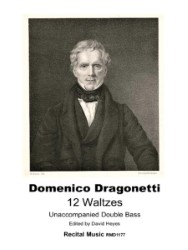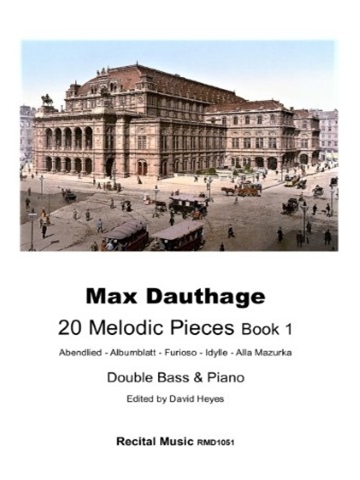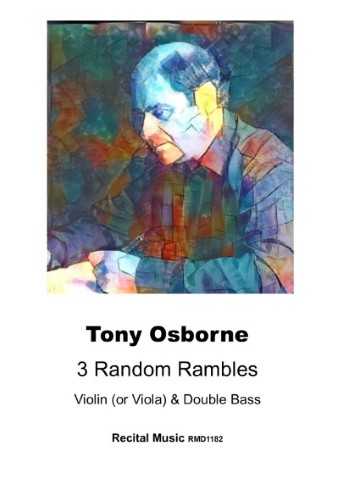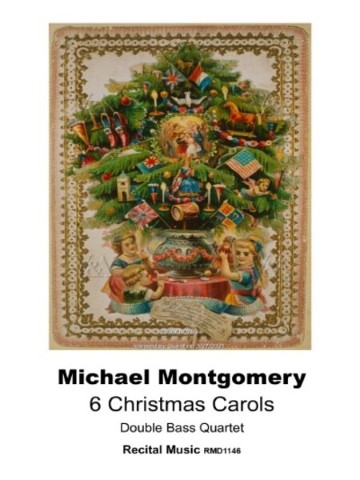Your basket is currently empty!
Gamba Sonata in C major
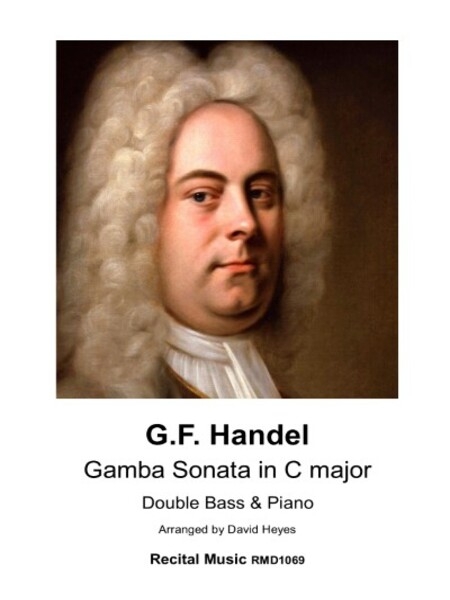
Description
Handel’s four-movement Gamba Sonata in C major, dating from the early 18th-century, is full of youthful energy and character, with accessible and enjoyable challenges …for the intermediate double bassist. The accompaniment is lively and supportive, playable on piano, organ or harpsichord, and this would be an ideal introduction to Baroque music for any aspiring young musician. Each of the four contrasting movements features a range of effective musical and technical challenges although the double bass hardly ventures out of bass clef. Originally for Viola da Gamba or Viola and Cembalo (Harpsichord), the sonata dates from around 1705, and was first published in 1894 as part of a complete edition of Handel’s music, edited by Friedrich Chrysander (1826-1901). This edition, edited by David Heyes, includes accompaniments for both solo and orchestral tuning.
R.R.P £8.5
Our Price £7.23
Shipping Costs: No shipping

